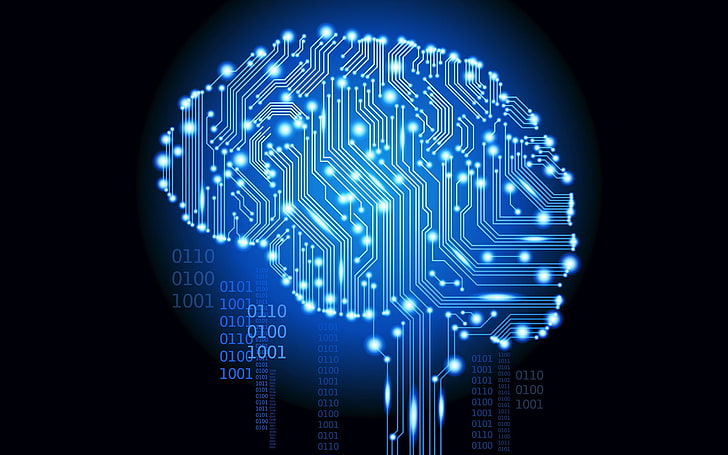
Welcome to a world where the lines between human ingenuity and machine learning continue to blur, giving rise to the era of artificial intelligence. The journey into the future is marked by significant advancements in technology, particularly in the realm of AI. With each passing day, we witness the exponential growth and integration of artificial intelligence across various sectors, reshaping the landscape of how we live and work.
From voice assistants that anticipate our needs to self-driving cars navigating our roads, artificial intelligence has woven its way into the fabric of our daily existence. Its capabilities seem almost limitless, challenging conventional notions of what is possible. As we delve deeper into the possibilities that AI presents, we find ourselves on a trajectory that promises both unprecedented opportunities and complex ethical considerations.
Ethical Implications
Artificial intelligence raises numerous ethical questions. One key concern relates to privacy. With AI systems constantly collecting and analyzing data, there is the risk of infringing on individuals’ privacy rights.
Another significant ethical consideration is the potential for bias in AI algorithms. If the data used to train these systems is biased, the AI’s decisions may reflect and perpetuate that bias, leading to unfair outcomes for certain groups.
Furthermore, the use of AI in autonomous weapons systems sparks debates about the ethics of delegating life-and-death decisions to machines. Questions arise about accountability and the potential for unintended consequences.
Technological Advancements
In the rapidly evolving landscape of artificial intelligence, technological advancements have been pushing boundaries and reshaping industries. One notable area where progress has been remarkable is in the field of natural language processing. AI-powered language models can now understand and generate human-like text with unprecedented accuracy and fluency, enabling applications such as virtual assistants and language translation services to become more sophisticated and user-friendly.
Another key advancement lies in the domain of computer vision. With the implementation of deep learning algorithms and neural networks, AI systems are now able to not only recognize objects and patterns in images but also to understand complex visual contexts. This capability has revolutionized industries such as healthcare, robotics, and autonomous driving, where accurate and real-time visual analysis is paramount for decision-making and task execution.
Furthermore, the integration of AI with big data analytics has unlocked new possibilities for businesses and organizations. By leveraging AI algorithms to sift through massive volumes of data, companies can extract valuable insights, optimize operations, and make data-driven decisions with speed and precision. This synergy between AI and big data is driving innovation across various sectors, paving the way for a more efficient and competitive digital economy.
Artificial Intelligence Search Engine
Impact on Society
Artificial intelligence has significant implications for society in various aspects. One of the key areas where AI is making a difference is in healthcare. AI technologies are revolutionizing the field of medicine by assisting doctors in diagnosing diseases more accurately and quickly. This can lead to earlier detection and treatment, ultimately saving lives.
In the realm of business and industry, artificial intelligence is streamlining processes and increasing efficiency. Automation powered by AI is becoming increasingly prevalent, from manufacturing to customer service. This has the potential to reduce costs for businesses and improve overall productivity, creating a more competitive global market.
Education is another sector witnessing the impact of artificial intelligence. Personalized learning experiences are being enhanced through AI-powered tools that cater to individual student needs. By adapting to each student’s learning pace and style, AI is transforming traditional teaching methods and paving the way for a more effective and engaging educational environment.


